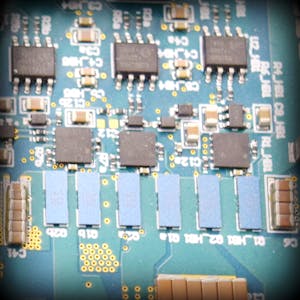Why MOSFET Fails ?
MOSFETs (Metal-Oxide-Semiconductor Field-Effect Transistors) can fail due to a variety of reasons, including:
- Overheating: MOSFETs have a maximum junction temperature that should not be exceeded. If the MOSFET gets too hot, it can lead to thermal runaway, causing the MOSFET to fail.
- Overvoltage: MOSFETs have a maximum voltage rating that should not be exceeded. If the voltage across the MOSFET exceeds this rating, it can cause the MOSFET to fail.
- ESD (Electrostatic Discharge): ESD can cause MOSFETs to fail. MOSFETs are sensitive to electrostatic discharge, which can damage the gate oxide and lead to the MOSFET failing.
- Gate oxide breakdown: The gate oxide in a MOSFET is a very thin layer that can break down if the voltage applied to it exceeds a certain threshold. This can cause the MOSFET to fail.
- Electrical overstress (EOS): EOS can cause MOSFETs to fail. EOS occurs when the MOSFET is subjected to electrical stress beyond its maximum ratings, causing the MOSFET to fail.
- Manufacturing defects: MOSFETs can fail due to manufacturing defects. These defects can include contamination, poor doping profiles, or poor contact formation.
- Aging: MOSFETs can also fail due to aging. Over time, the performance of the MOSFET may degrade, leading to its failure.
Overall, it is important to use MOSFETs within their specified ratings and avoid subjecting them to stress beyond their limits to prevent failure.





















No comments